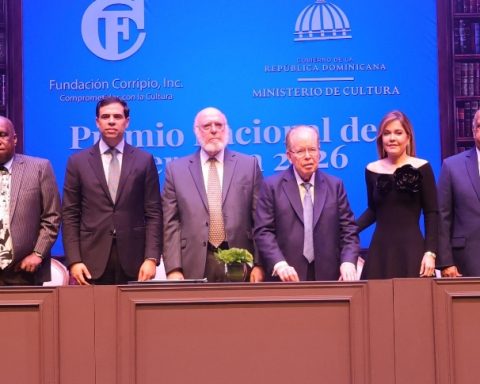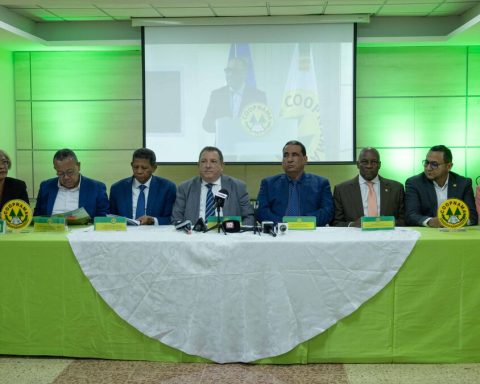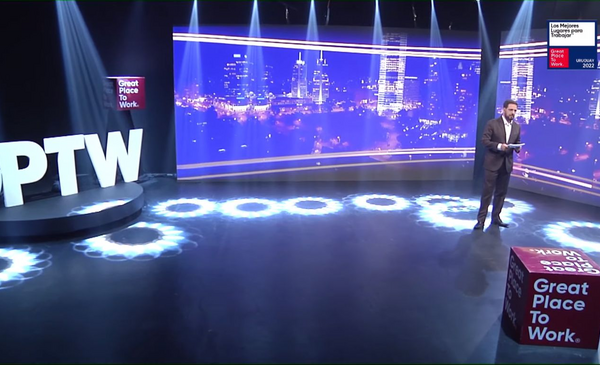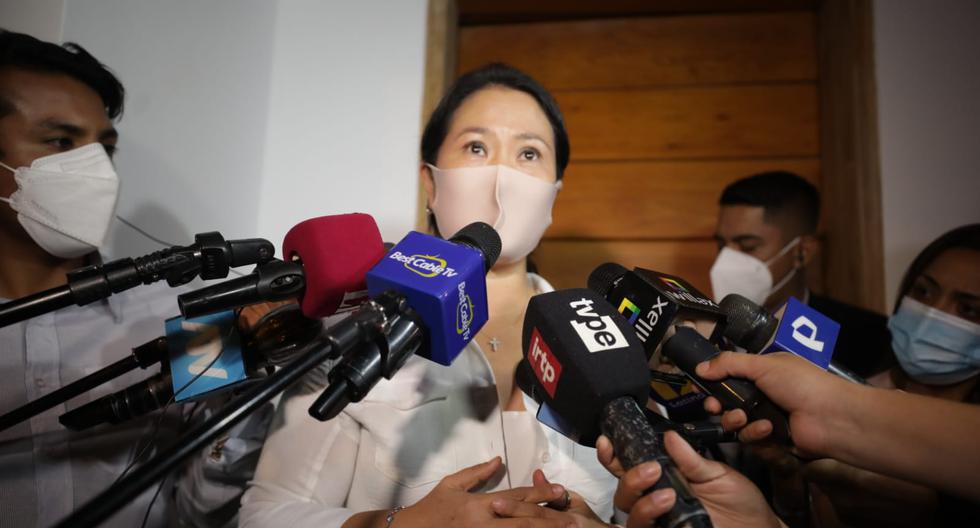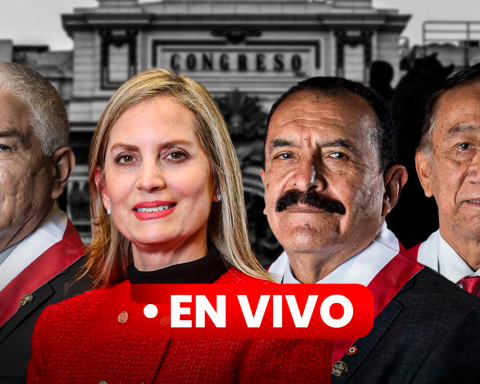President Louis Abinader and the General Director of Internal Taxes (DGII), Luis Valdez Veras, presented the draft bills to reform Title I of the Tax Code and Electronic Invoicing during the “International Panel Modernization and Updating of the Tax Administration”which brought together national and foreign experts.
In the case of the Tax Code, it is about modifications to procedures to adapt that law, which dates back to 1992, for which it was made clear that no new taxes or fees are created. On the contrary, improvements are introduced to make processes more efficient and guarantee the rights of taxpayers.
President Abinader He stressed that the challenge that every government has is to create a tax collection structure that is efficient in its purpose of collecting, that does not generate unwanted distortions in economic activity, that encourages transparency and that complies with regulations.
“Tax collection is what allows the government to invest in quality goods and services, and promote the infrastructure projects necessary to boost economic growth and development,” he said.
He said that this is evident, when we see that the public investment of the Dominican Republic is one of the lowest in Latin America and the Caribbean and that according to IDB reports, the infrastructure gap, estimated at 5% of GDP, has prevented the country from improving its productivity, competitiveness and the income level of its population.
You can read: These are the products and supermarkets that will sell at Inespre prices
“Faced with these needs, we need to spend on what is important and collect what is necessary and fair,” he said.
“We must attend to the important and far-reaching evolution of technology in recent decades, which is why it is necessary to adapt the general guidelines of the Dominican tax legal system, with a view to modernizing and streamlining the processes of the Tax Administration by making use of the new tools that provides such technology. And we are doing that, not only in the Treasury, but in every corner of the State.
We need a boost of modernity and efficiency, and that comes from the hand of new technologies,” said the president at the event held at the Embajador Hotel.
He added that taxes and their legal norms evolve continuously, either due to the changes that are generated every day in the national economy or due to the search for a more efficient administration and collection, with guarantees of legal security, equality and justice.
“We need to provide our citizens with a legal framework that guarantees them the free and full exercise of their rights and the easy fulfillment of their obligations, and for its part, provide the treasury with tools to access better tax control,” Abinader emphasized. , concluding by saying: “We want to invest more, collect better and do it more fairly”.
The CEO of DGIIValdez Veras, explained that among the most outstanding points in favor of taxpayers are:
The implementation, for the first time, of the catalog of taxpayer rights within the framework of compliance with their tax and formal obligations.
The surcharges that are currently 10% the first month and 4% infinity, it is proposed to establish them at a fixed 3% that cannot exceed the amount of the 100% tax.
You could read: Ramón Alburquerque warns that they intend to give “a coup d’état to the militancy of the PRM”
Interest in favor of the taxpayer is established in reimbursement procedures where the delay is caused by the Administration. Electronic Administration, to make the receiving and sending services more efficient by the VFO. They create and establish facilitation instruments and others are improved in the payment as a way of extinguishing the tax obligation. It improves the compensation procedure so that the excesses or balances in favor can be compensated with any type of tax.
Electronic billing
Regarding Electronic Invoicing, the aim is to establish a more robust regulatory framework with a view to making it mandatory within a period of three years. Incentives are also established for those who volunteer for a certain period of time.
In detailing the main achievements of his management, the Director General of the DGII indicated that there are still many challenges to face and processes to improve, citing that work is being done on the unification of technological systems so that internal processes are more efficient and expeditious. ; the implementation of a new service culture that brings taxpayers and citizens closer together and makes us an institution of excellence in service quality at the country level; in the deployment and implementation throughout the country of Billing
Electronics and the Free Biller; as well as in the modification of Title 1 of the Tax Code.
Panelists
The first panel “Modification to Title I of the Tax Code of the Dominican Republic” was moderated by Yorlin Vásquez, Legal Deputy Director of the DGII and the presentations of Edgar Barnichta Geara, advisory attorney of the institution; Ariel Zaltsman, Lead Sector Specialist representing the Inter-American Development Bank (IDB) and Rafael Vásquez Goico, Judge of the Supreme Court of Justice of the Dominican Republic.
Read more: Ito Bisonó announces agreement with millers to maintain prices for 45 days
Meanwhile, the second panel on Electronic Invoicing was moderated by Ricela Spraus, Deputy Director of Facilitation and Services, and panelists Marcio Verdi, Executive Secretary of the Inter-American Center of Tax Administrations (CIAT); Monica CalijuriLead Sector Specialist of IDB Tax Administrations and Lissette de Jesús, Executive Vice President of Finance and Comptroller of Banco Popular Dominicano, one of the companies that is currently an electronic invoicing company.





